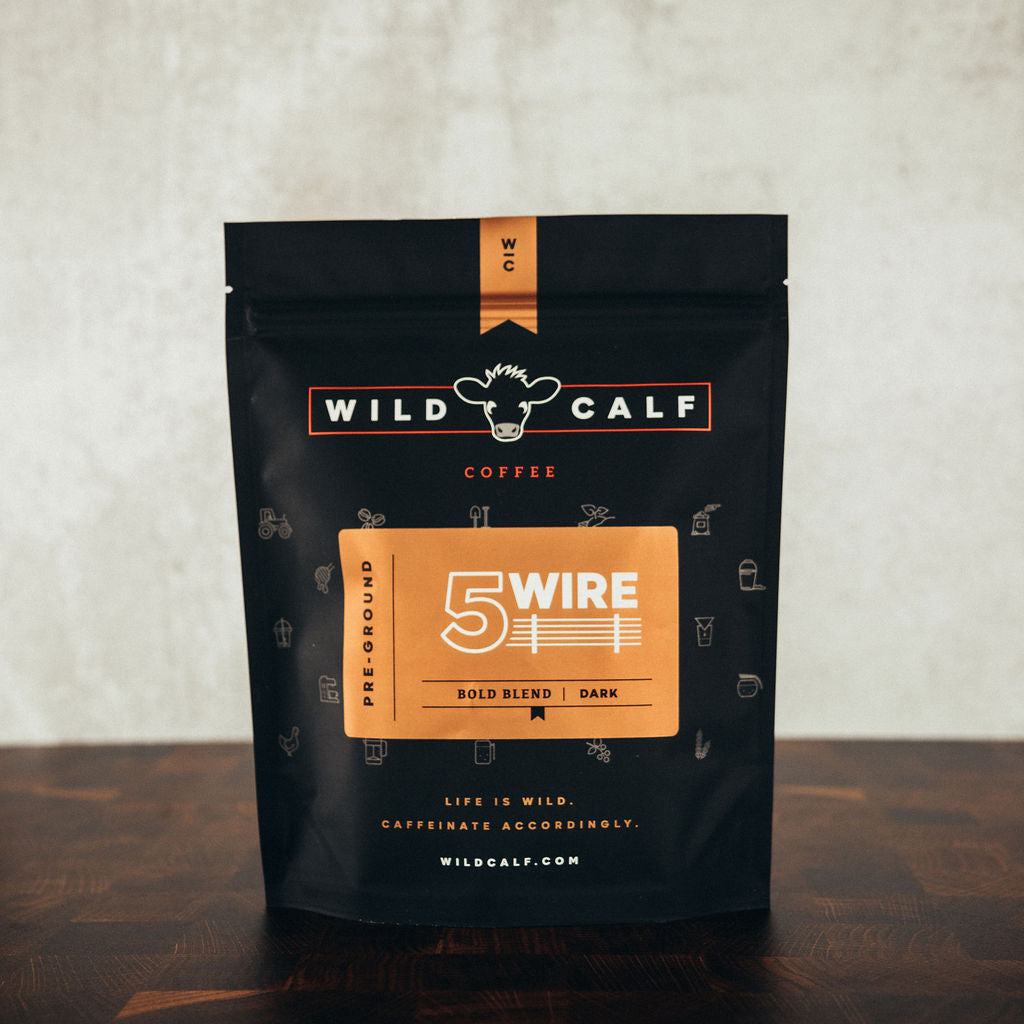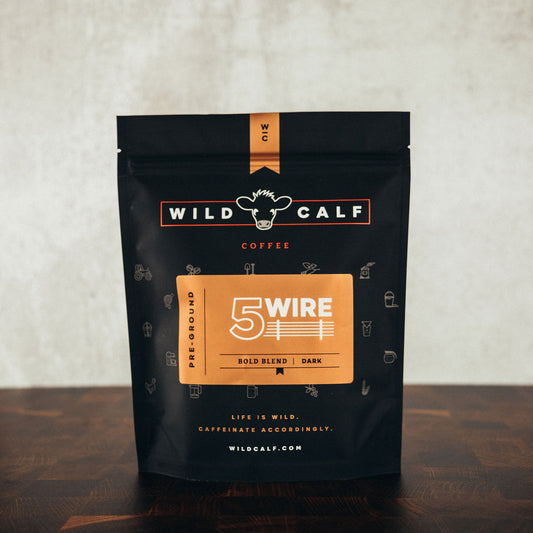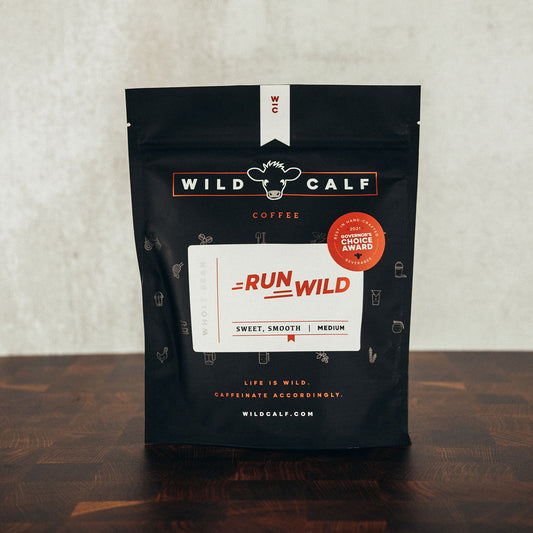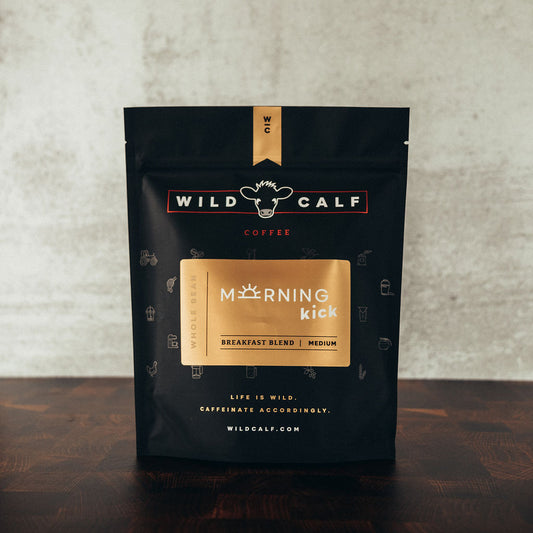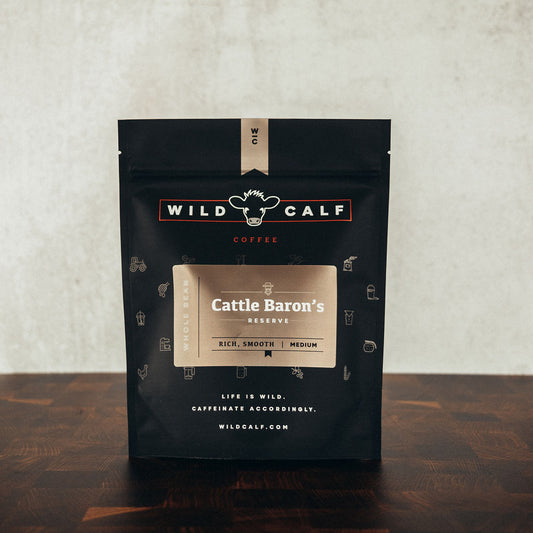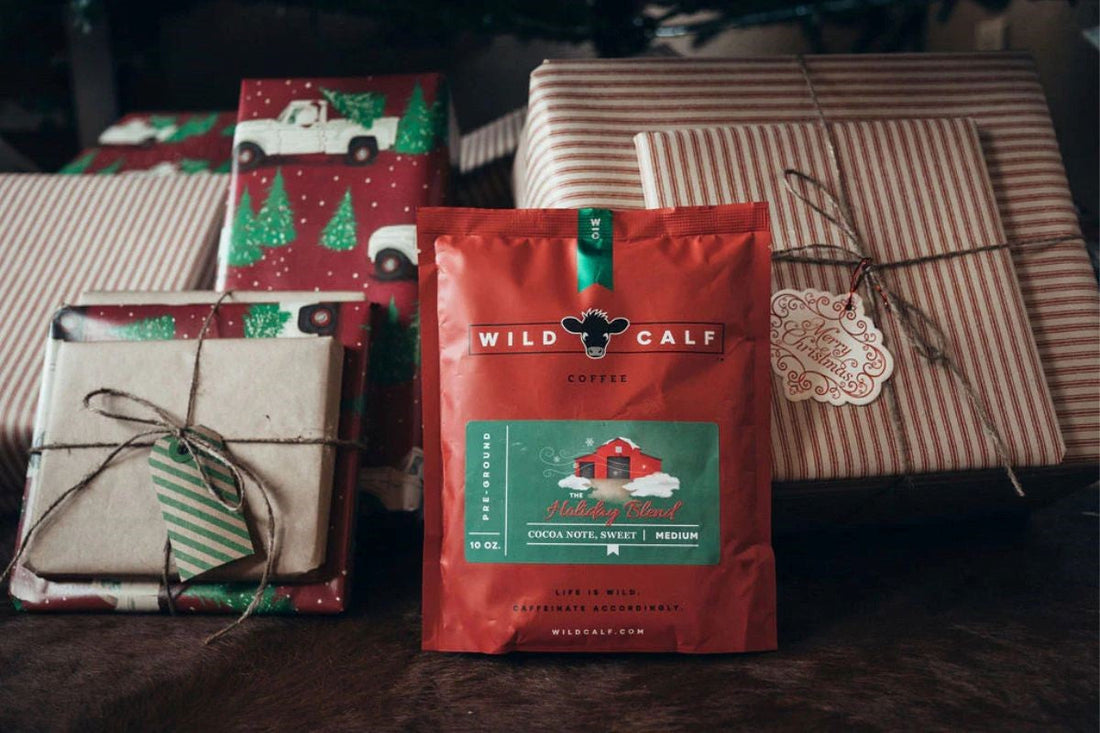
Bitter Brews, Begone: Why Your Coffee Tastes Off (And How to Fix It)
There's nothing worse than starting your day with a disappointing cup of bitter coffee, especially when you've been dreaming of that first warm, comforting sip. Many coffee lovers find themselves wondering "why is my coffee bitter?" or "why does my coffee taste bitter?" when their morning brew doesn't meet expectations. Bad coffee can leave you puzzled and frustrated, questioning what went wrong with your carefully planned brewing ritual. Fortunately, identifying and resolving these issues is simpler than you might think. Let's explore the common reasons what makes coffee bitter and how to make coffee less bitter with some practical solutions.
1. Stale Coffee Beans
The freshness of coffee beans plays a pivotal role in delivering that perfect cup without unwanted bitterness. Coffee beans oxidize when exposed to air, leading to a stale and flat taste that can contribute to an unpleasantly bitter brew. To keep your beans fresh and ensure the least bitter coffee possible, store them in an airtight container in a cool, dry place—away from light, heat, and moisture. Avoid refrigeration, as it can affect the flavor negatively and introduce unwanted moisture.
Additionally, buying whole beans and grinding them just before brewing can enhance the taste and help prevent bitter notes from developing. While pre-ground coffee might be convenient, it often loses its aromatic oils and delicate coffee flavors more quickly, leading to a less satisfying cup.
2. Poor Roasting Techniques
Perfectly roasted coffee beans are rare, and improper coffee roasting techniques can lead to excessive bitterness or burnt flavors that leave you wondering why your coffee is bitter. Over-roasted beans, especially dark roast varieties, can taste charred and intensely bitter, while under-roasted beans might leave a sour, unpleasant note. Experimenting with beans from different roasters can help you find the perfect roast profile for your taste, with medium roasts often providing the least bitter coffee experience.
Specialty coffee roasters often pay close attention to the roasting process to bring out the best in high-quality Arabica beans, focusing on highlighting natural sweetness rather than bitter notes.
3. Dirty Equipment
Just like a chef wouldn't cook with dirty utensils, brewing coffee with unclean equipment can result in strange, off-putting flavors and unnecessary bitterness. Residue buildup in your coffee machine, French press, or coffee grinder can alter the taste of your brew and contribute to that questioning moment of "why does my coffee taste bitter?"
Regularly clean your tools, including portafilters if you use an espresso machine, to ensure every cup tastes as fresh as possible. A thorough cleaning routine can make a significant difference in reducing unwanted bitter flavors.
4. Water Quality Matters
Coffee is mostly water, so the quality of your water directly impacts the flavor and can be a crucial factor in how to make coffee less bitter. If your tap water tastes overly chlorinated or metallic, it won't make for a great cup of coffee and can enhance bitter notes.
Using filtered water or spring water can significantly improve the overall taste of your brew and help achieve a smoother, less bitter result. The water temperature also plays a crucial role in the extraction process, affecting how your coffee tastes. Water that's too hot can over-extract the beans and create excessive bitterness.
5. Sour or Bitter Brews? It’s About Extraction
A sour-tasting coffee often signals under-extraction, a common issue that leaves many wondering "why is my coffee bitter?" During the brewing process, different compounds are extracted from the coffee grounds at different rates. When coffee is under-extracted, only the acidic compounds are drawn out, leaving behind the balanced flavors that make a perfect cup. This can happen due to several factors: your grind size might be too coarse, preventing proper extraction; your brew time could be too short, not allowing enough time for full flavor development; or your brew ratio might be off, creating an imbalance between water and coffee grounds.
Conversely, over-extraction is another common culprit that makes coffee bitter. This occurs when too many compounds are pulled from the coffee grounds, resulting in an overwhelming bitter taste. The most frequent causes of over-extraction are using too fine a grind, which exposes too much surface area to the water, or extending the brew time beyond the optimal point. Understanding what makes coffee bitter can help you adjust these variables for a better cup.
To fix sour coffee and achieve the least bitter coffee possible, try implementing these adjustments: First, experiment with grinding your beans slightly finer, which increases the surface area for better extraction. Second, consider increasing the brewing time marginally to allow for complete flavor development. Finally, pay careful attention to your water-to-coffee ratio, aiming for the golden ratio of about 1:16 (coffee to water) as a starting point. For those struggling with overly bitter coffee or a bitter espresso shot, the opposite adjustments apply – try shortening the brew time or using slightly coarser grounds.
6. The Acidity Factor
Acidity in coffee, when properly balanced, contributes positively to the overall flavor profile, adding brightness and vibrancy to your cup. However, when asking yourself "why does my coffee taste bitter?", excessive acidity might be the answer. Beans with overly high acidity or brewing errors can result in sharp, sour notes that detract from the coffee's natural sweetness.
For those wondering how to make coffee less bitter, choosing beans from regions known for smoother profiles, such as Brazil or Sumatra, can make a significant difference. These regions typically produce beans with lower acidity levels and more chocolate or earthy notes. Alternatively, look for blends specifically designed to mellow acidity while maintaining complex flavor profiles.
7. Let Freshness Lead
The freshness of your coffee beans plays a crucial role in preventing bitter coffee. Coffee begins to lose its optimal taste within weeks of roasting, and using beans past their prime can lead to harsh, lemony flavors that might have you questioning why your coffee is bitter.
For the best possible experience, purchase beans in small batches and aim to consume them within three to four weeks of their roasting date. Fresh beans retain more of their essential coffee oils, which contribute to a rich and flavorful cup without unwanted bitterness.
A Perfect Cup Awaits
Crafting a great cup of coffee that's free from excessive bitterness is truly a blend of art and science. From selecting fresh, well-roasted beans to maintaining impeccably clean equipment and paying attention to water quality, each step in the process counts toward your final result. Don't be afraid to experiment with different grind sizes, brewing times, and bean origins to find your ideal flavor profile. Remember, even small adjustments can make a significant difference in preventing coffee that's too bitter for enjoyment.
Don't forget to share this with your friends, so the next time you want to know how to brew perfect coffee without the bitter taste, you can hop on over to Wild Calf Coffee!
Whether you're using a pour-over method, an espresso machine, or any other brewing technique, understanding these fundamental principles will help you avoid common pitfalls that lead to bitter espresso or coffee that's too bitter to enjoy. By mastering the extraction process, perfecting your brew ratio, and using the right coffee solids, you'll be well on your way to consistently brewing balanced, delicious coffee that rivals any barista's creation.
